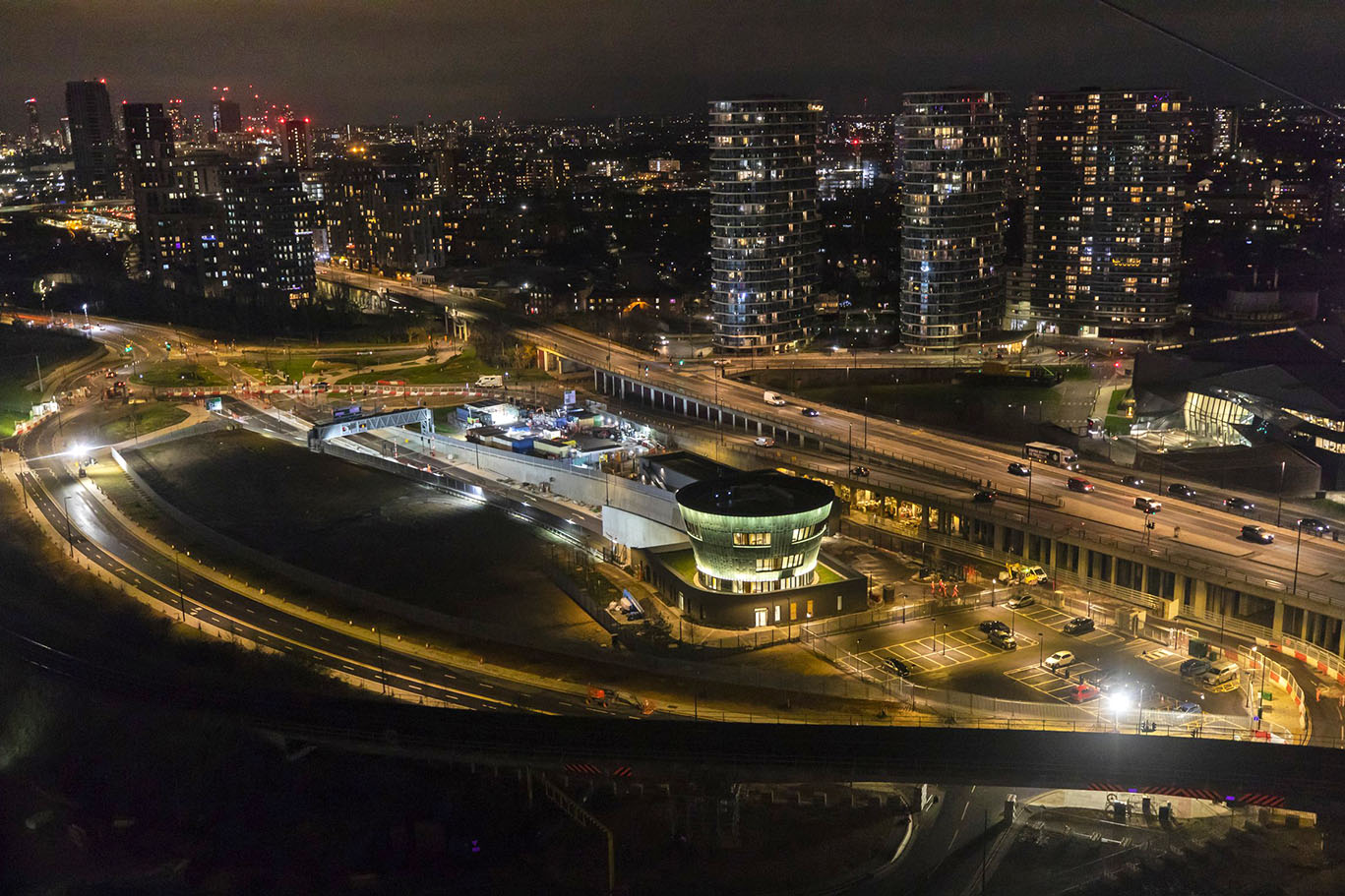A record 487,432 people in England were diagnosed with dementia in the year to June, according to new NHS figures. That’s about 65 per cent of people estimated to have the condition – just shy of the NHS target of reaching 66.7 per cent. But it’s not just the rate of diagnosis that is going up. UCL research estimated that up to 1.7 million people could be living with dementia by 2040, driven by an ageing population and increased rates within older age groups. Which makes a 66.7 per cent target seem low for a condition that spans health and social care. “Getting social care right for people with dementia is essential,” said Emily Hindle, policy manager at the Alzheimer’s Society. “People living with dementia make up around 60 per cent of people drawing on care at home in the UK and 70 per cent of residents of older age residential care in England." But, she added, only 45 per cent of the care workforce have dementia training. The NHS says 25 per cent of acute hospital beds are occupied by people with dementia.
The Labour manifesto committed to a national care service, but plans have not been set out in detail. Clinicians and GPs need support as well – new Alzheimer’s drugs going through regulatory approval are only effective in the early stages of the disease, so prompt diagnosis is important. Existing drugs can keep people in early stage dementia longer, meaning they can live longer at home. In May 2024, the Alzheimer’s Society forecast the cost of dementia to the economy would rise from £42 billion in 2024 to £90 billion in 2040. For context, £90 billion is the estimated cost of nationalising the UK’s water companies, the current tax burden of the UK’s largest listed companies and almost twice government borrowing in the financial year to June 2024.








